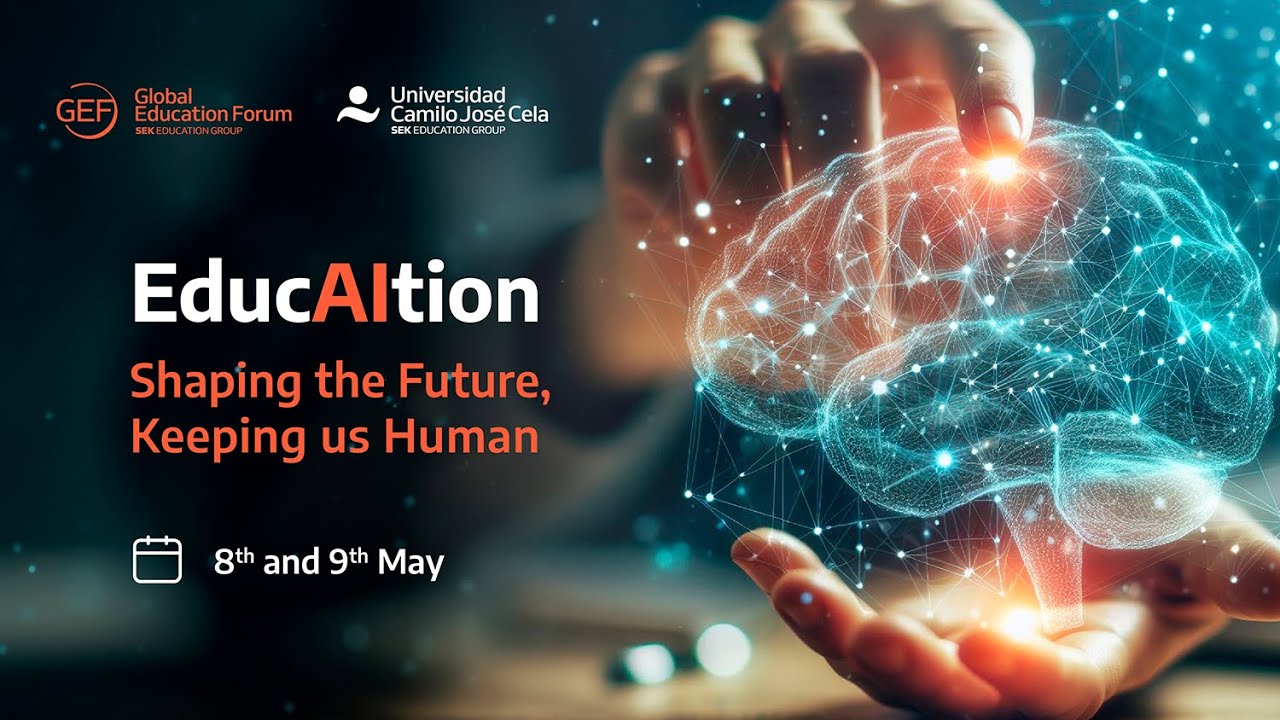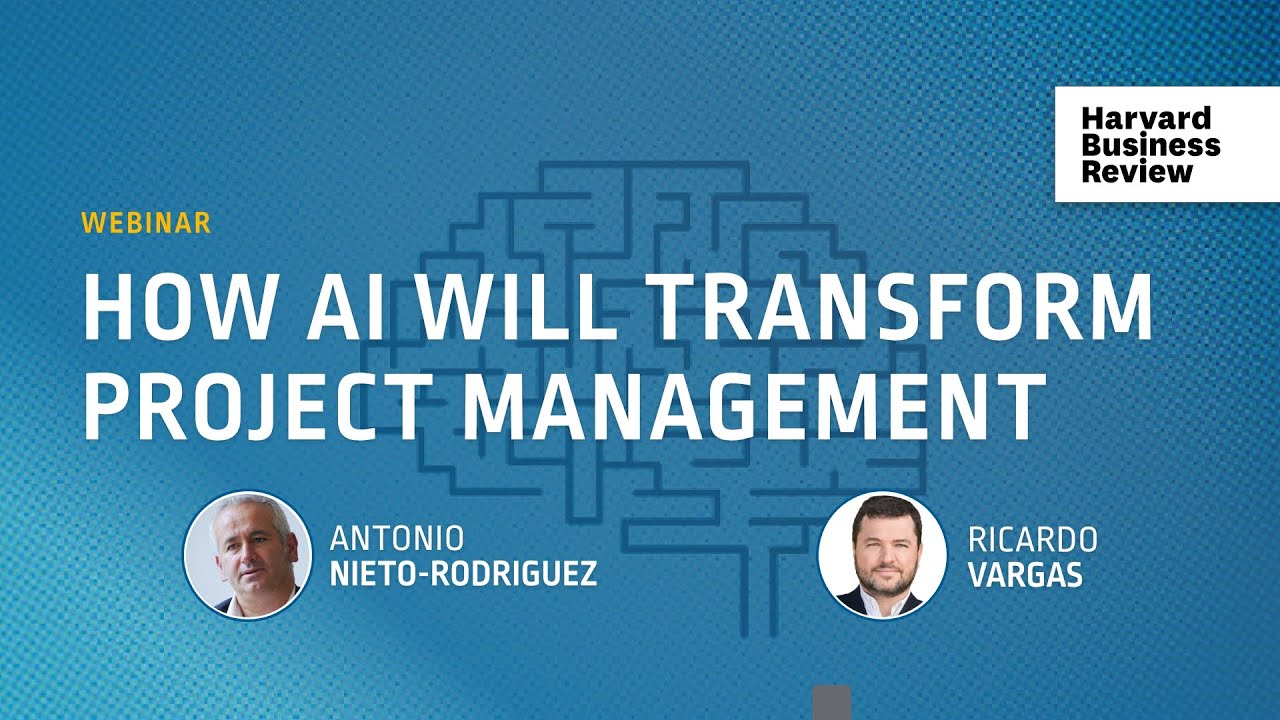GEF: Redefining Teaching with AI
Summary
Please replace the link and try again.
Takeaways
- 😀 AI has the potential to deepen the educational divide between affluent and impoverished communities, with wealthier students using AI to learn how to collaborate with it, while less privileged students may be stuck using AI as a replacement for teachers.
- 😀 AI is seen as a tool to assist teachers, not replace them. It can help with tasks like grading and providing feedback, allowing teachers to focus on facilitating deeper learning experiences.
- 😀 The student-teacher relationship is crucial for engagement. AI alone is unlikely to create the emotional and relational connections that drive true learning.
- 😀 In under-resourced regions like Sub-Saharan Africa and South Asia, AI could help improve basic learning outcomes such as reading and arithmetic, where current human-only systems are failing.
- 😀 AI should be used to support collaboration in the classroom, helping students work together, either by directly coaching them or by aiding teachers in managing group dynamics.
- 😀 Technology should be tailored to specific contexts, ensuring that AI tools are accessible to all, including addressing disparities in access to devices and language differences.
- 😀 Emotional engagement is a key driver of learning, with research showing that students are more likely to remember material when they are emotionally invested in the subject matter.
- 😀 The importance of happiness in education: students who are happy are more likely to be successful in their learning, and teachers should prioritize creating positive, engaging environments.
- 😀 While AI can help analyze student data, it should not replace teachers in providing meaningful, interactive learning experiences. Teachers should still be at the center of the learning process.
- 😀 Educational leaders should focus on how AI can address existing educational challenges (like engagement and equity gaps) rather than viewing AI as a disruptive force in the classroom.
Q & A
What is the primary concern raised about AI in education?
-The primary concern is that AI could exacerbate existing equity gaps in education. Specifically, less affluent students may only receive AI-based tutoring, which could be less engaging and personalized compared to the high-quality, human-led instruction available in wealthier environments.
How can AI help support teachers in under-resourced environments?
-AI can assist by offloading administrative tasks, providing feedback, and helping teachers manage their time and resources. It can also help fill gaps where there are teacher shortages, allowing teachers to focus more on high-impact activities like personalized support and fostering deeper learning.
What does the panel suggest about the context of AI deployment in education?
-The panel suggests that AI's effectiveness and potential depend largely on the context in which it is deployed. In wealthier countries, AI may serve as a supplement to human teachers, while in under-resourced areas, AI can provide essential support to overcome challenges like teacher shortages and lack of resources.
What is the concern about AI's impact on student engagement?
-The concern is that AI might not foster the same level of engagement as human teachers. Engagement often comes from the relationships between students and teachers, or among peers, and AI lacks the ability to replicate these human connections, which are essential for deep learning.
How does the emotional connection between students and teachers affect learning?
-Emotional engagement plays a key role in learning. Students are more likely to remember and internalize lessons when they feel engaged emotionally. This emotional connection between students and teachers or peers is important for creating a positive learning environment.
What role does AI play in addressing student data and assessments?
-AI can be used to analyze student data from assessments, helping teachers identify areas where students need additional support. By focusing efforts on these areas, AI can help educators improve learning outcomes and address gaps more effectively.
What is the panel's view on AI as a tool versus a replacement for teachers?
-The panel views AI as a tool that can support teachers, not replace them. AI can help with tasks like feedback and assessment, but it should not replace the human connection that is central to effective teaching and learning.
How does AI's potential differ based on geographic context?
-AI's potential varies significantly depending on geographic context. In some regions, such as Sub-Saharan Africa or Latin America, challenges like lack of devices or language barriers may hinder the effectiveness of AI. However, in these areas, AI can still provide valuable support by complementing existing teaching resources.
What is the importance of intentionality when implementing AI in education?
-Intentionality is crucial when implementing AI in education. Educators must have a clear sense of purpose and strategic vision for how AI can complement and enhance teaching, rather than viewing it as a solution to all educational challenges. It should be used to address specific issues like student engagement and equity.
What is the panel's message to educators and policymakers regarding AI in classrooms?
-The panel emphasizes that AI should be viewed as a tool to address existing educational challenges, such as equity gaps and student engagement issues. Educators and policymakers should focus on how AI can support teachers and students, rather than asking how to incorporate AI into classrooms without a clear plan.
Outlines

This section is available to paid users only. Please upgrade to access this part.
Upgrade NowMindmap

This section is available to paid users only. Please upgrade to access this part.
Upgrade NowKeywords

This section is available to paid users only. Please upgrade to access this part.
Upgrade NowHighlights

This section is available to paid users only. Please upgrade to access this part.
Upgrade NowTranscripts

This section is available to paid users only. Please upgrade to access this part.
Upgrade NowBrowse More Related Video

GEF Madrid 2024: Welcome remarks

Artificial Intelligence in Project Management Webinar Ricardo Vargas and Antonio Nieto-Rodrigues

Trillium TPU, built to power the future of AI

AI Realism Breakthrough & More AI Use Cases

Is AI Already Shrinking Entry-Level Tech Jobs?

40 AI Tools that Feel Illegal to Know!

GEF Madrid 2024: Ensuring a seat for Every Learner in an AI era
5.0 / 5 (0 votes)